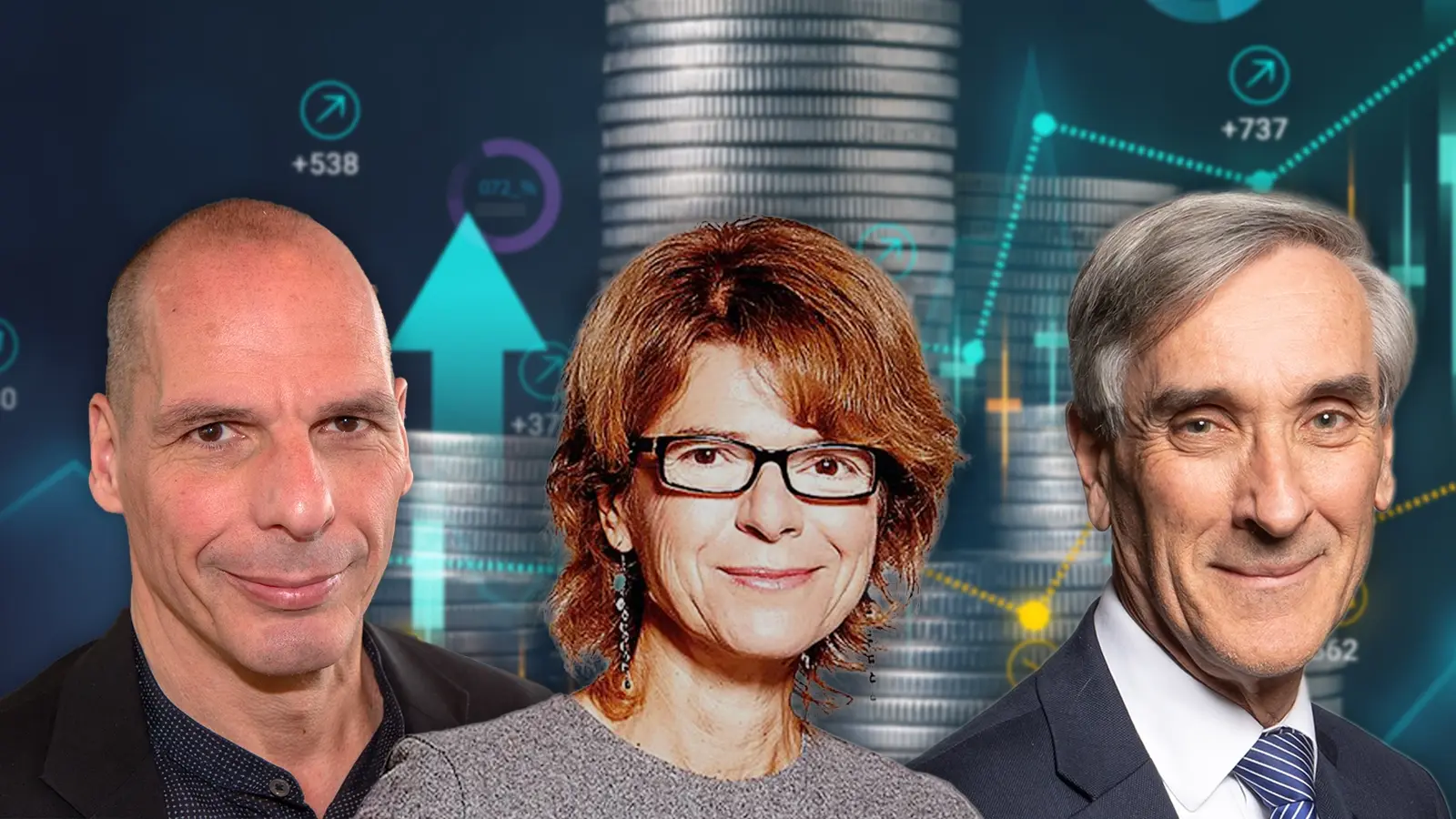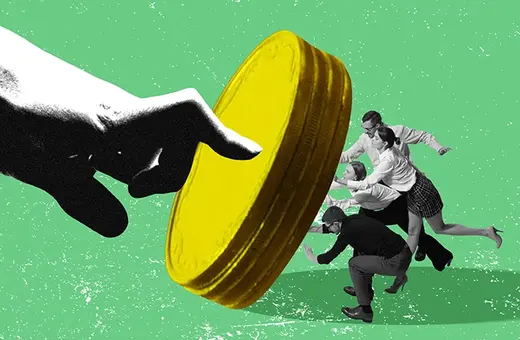Trump's tariffs have shaken the West to its core. They have been met with widespread condemnation as economically illiterate, but tariffs can work, as can free trade, and this story is as far from black and white as possible. Dmitry Grozoubinski, former Australian trade negotiator and diplomat, argues that politicians and journalists have done us a disservice by simplifying tariffs and trade deals into meaningless sound bites. In trade, there are no universal truths, and if we are to have a grown up discussion of global trade, lofty ideals and easy lies can only take us so far.
As a young and naive government official just starting out in public service, I kept expecting to stumble across what I thought of as ‘the Room’. In my mind, somewhere in the machinery was a glorious chamber full of experts, synthesizing information from a hundred sources, with the latest academic findings at their fingertips and data scrolling on their screens. This hypercompetent chamber is where I imagined policy was crafted, debated, refined and honed - steered by the strategic vision of elected leaders.
To be sure, there are policy areas where this isn’t too far from the truth. The people balancing the electrical grid or planning military operations seem to have rooms like this. It just turns out that as soon as a policy area becomes politicised, nuance and expertise take a back seat. Half the time the government is just kind of doing stuff, chasing the media cycle, responding to squeaky wheels or effective lobbyists and generally making it up as they go along. There are certainly very serious and highly capable people involved, but they aren’t always heeded and often get shouted down if the public conversation is flowing in a different direction.
I say this not to dampen enthusiasm for government or build cynicism - but to stress that how we talk about things, and how we allow our political leaders to frame questions, matters far more than it should - even outside election years or referendums.
This brings us to trade policy and the current chaos. Let’s recap where we are and how we got here. Candidate Trump campaigned and won promising to slap 10-20% tariffs on all imports into the US from anywhere in the world, and 60% tariffs on imports from China. To put those figures into context, trade geeks will generally say that a 5% tariff is a nuisance, 5-20% is trade distorting (will change purchasing decisions and impact prices) and anything above that is basically trade prohibitive - no one is buying something that comes with a 60% markup at the border.
___
At every stage of this rollercoaster he has vacillated wildly between vowing that the tariffs were permanent and intended to be revenue raising and job-creation tools, and bragging that they are merely negotiating leverage to bludgeon concessions out of his counterparties.
___
Upon actually being sworn in as President, he ordered the Secretary of Commerce to prepare a report on why the US keeps having trade deficits (buying more from some countries than it sells to them) and what he can do about it, which is due on April 1st. In the interim, he proceeded to threaten and then rapidly withdraw tariff threats against (in rapid succession) Colombia, Mexico and Canada, while actually introducing more modest tariffs of 10% on China.






















Join the conversation